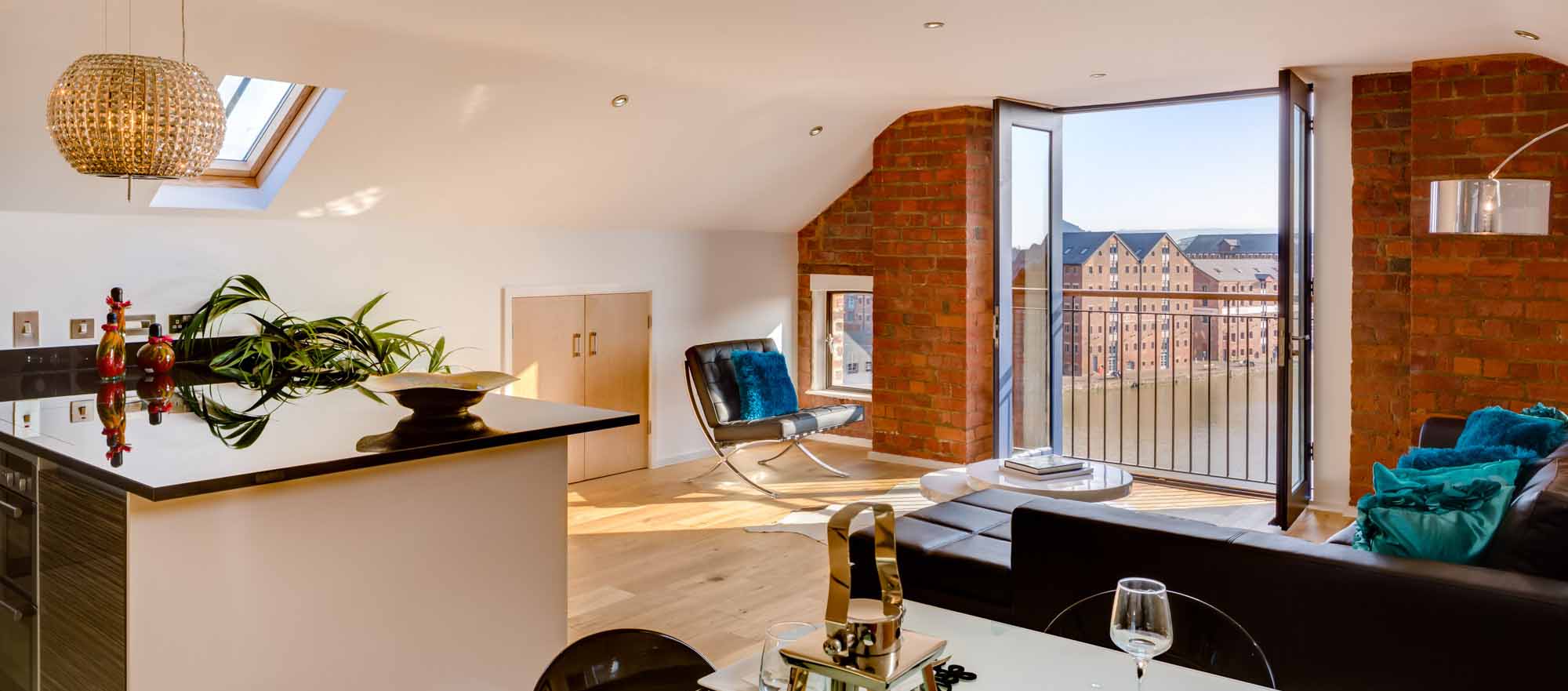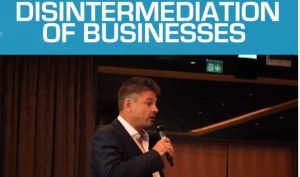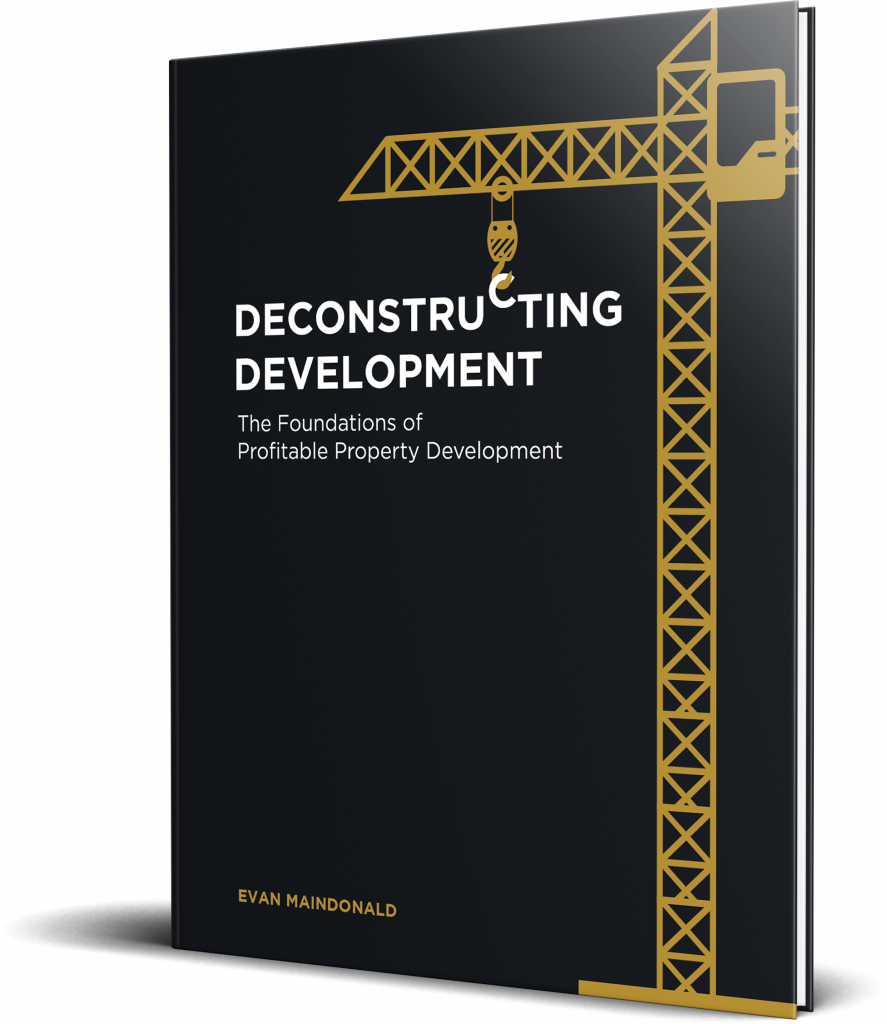A lot of people ask me how to become a property developer. Given that I have been doing it for the last 16 years, built over 100 properties with a total value of over £20m and accumulated an investment portfolio of over 50 residential and commercial properties, I should know something about that by now.
I like to say that to become a property developer, you need to know a little about everything. Quite a lot about some things, in fact. A sort of jack of all trades if you will. Another is that however many projects you have done, you always learn something on every new project. That’s because every site is different and has its own challenges.
The first thing you need in order to get started is to gain enough experience and knowledge about the basics; those things that will catch you and hit you in the back of the head on every project if you don’t know about them.
The second is a formula for dealing with the things you know about, but don’t yet understand how to deal with. The known unknowns. Spend the time you have in the lead-in to a project working out how to deal with as many of these as possible. Get the wheels in motion on them well in advance. There are enough known unknowns you will come up against during the course of every project not to have to be dealing with the things that you could have done something about in advance.
The third is a mindset that is capable of dealing with the unknown unknowns. Things will come up during the course of a project which you didn’t even realise you had to deal with. These are the most dangerous problems. They are the ones which are the most difficult and expensive to fix and they will be your biggest challenges. If you spend enough time getting to grips with the basics, you can minimise the unknown unknowns, but they will never go away altogether. There will always be some on every project.
So, how do you go about gaining the basic knowledge and experience that you need in order to get started? One simple way is to start off doing small projects. Buy a property, refurbish it and sell it on again. Then do something slightly larger.
Whatever you do, put a lot of work into evaluating your prospect before you buy. Don’t allow yourself to be pressured into moving faster than you are comfortable to do by a pushy estate agent or vendor. If the property you are looking at sells before you have had time to complete your evaluation, move on and find another.
Once you have completed your evaluation and decided that the project works, then you should move quickly to complete your purchase. Think slowly, move quickly. It’s better to take your time and buy the right property than rush into something, spend a year of your life on it and make a loss.
What ‘the basics’ are depends on the project you are undertaking. The larger the project, the more extensive the basics are. Be careful not to take on anything that is too much of a stretch for you. If you find something you like and you know that it’s beyond your capabilities, you might want to consider a Joint Venture with an experienced property developer. Or investing in a project being undertaken by a developer like ourselves and learning by watching the project progress. You will always be far more interested in a project if you have ‘some skin in the game’
Another thing that you can do to build your experience and knowledge is to go on a property development course. While this will be useful and you will learn things that will help you, it’s no substitute for hands-on involvement in a real project. The best way to learn fastest is to combine a course with an actual project. Be trained and put that training to practical use at the same time. That combination of learning and self-reinforcing, practical experience will accelerate your learning by bringing it to life in a practical context.
So, how do you deal with the problems you know you will have to resolve but don’t yet understand how to deal with it? The answer is that you need a professional. The thing about property is that there is a professional who deals with pretty much everything. You have a site with protected trees? You need an arboricultural consultant. Suspect your building has structural problems? You need a structural engineer.
However, the main professional you need to work with on any significantly sized project, alongside your architect, is a Quantity Surveyor (QS). Quantity Surveyors are every developer’s right-hand man (or woman). Why? The first reason is that they are the key to understanding the most important aspect of the project. The costs.
A QS is a bit like an accountant for building projects. They are trained to cost up building works which means that they also understand how the works will (or could) be undertaken. So, not only can a good QS tell you what a project will cost you to build, but he/she can also tell you what the best way to build it is.
The second reason they are good at this is that Quantity Surveyors also commonly carry out the role of monitoring costs on projects on behalf of banks or development funders. So, they see a lot of different projects being built. An experienced QS understands not only how to go about building things, but also what the most cost-effective way to deal with specific issues is.
When you come across a problem on a project, a QS can advise you on how best to deal with it. They are always well connected to other professionals and contractors, so can put you in touch with the people you need to help you deliver your project. You need a QS at the beginning of your project to help you work out what your costs are going to be and what the best way to build it is. An architect can tell you one way to build something. A QS can tell you the best way to build it and highlight the traps which await you so that you can deal with them in advance.
My first significant sized project involved the conversion of a shop with a large house and a big garden behind it into two houses and two shops, plus a building plot. Shortly after that, I undertook Lords Gate in Coleford. This project involved the construction of 11 houses on a greenfield site adjoining a golf course. To plug the experience gap I had at that point, I teamed up with a builder to undertake this project. What that development taught me is that, while builders know how to build things, they don’t understand property development.
We got the project built and sold successfully, but missed a couple of unknown unknowns. Things which neither I nor the builder anticipated. If we had been working more closely with a QS on the project, we would have known about and dealt with those issues in advance. If we had done that, we would have had the development completed faster and more profitably.
That was over 10 years ago and we now have an established and well-tuned process for turning out profitable developments. It starts with getting the numbers in the development appraisal as accurate as possible and having the right professional team around you. However, there are lots of other things a developer needs to do well in order to succeed.
This includes finding sites with the greatest potential and maximising that potential. Another pet saying of mine is that the most profitable piece of the development process is planning gain). This is particularly true in locations where property prices are high in relation to build costs (London and the Home Counties for example). Although it’s also true that those places are the hardest place to find profitable sites.
It also includes working out how you are going to approach specifying the work, appointing a contractor, ensuring that the works are completed on time, getting the permissions, paperwork and certificates you need to start works and complete the properties into place.
I will talk in more detail about these things in future posts, however, as a rule, everything possible relating to design and planning should be dealt with as early as possible in each project. Many things are not possible to change during the course of a project. Or they will cost more if you do change them. There are many old sayings that apply well to property development. One is ‘A stitch in time saves nine’. Nothing could be more true when it comes to property development.
If you are interested in investing in one of our projects or working with us on a joint venture, whether you have the cash to invest or you own a site, which you think might have development potential, drop us a line at development@melthomes.co.uk.
We are currently interested in sites in Kent, London or Gloucestershire. Our ideal project size is projects of between three and 20 units with total costs of between £2m and £8m and Gross Development Value (GDV) of between £5 and £15m. However, we are open-minded and will consider other opportunities outside that range if they are interested in some other way.
If you found this post useful, please keep an eye out for future posts. I’ll be posting more on different aspects of being a property developer soon.









